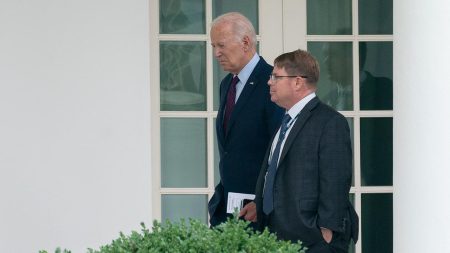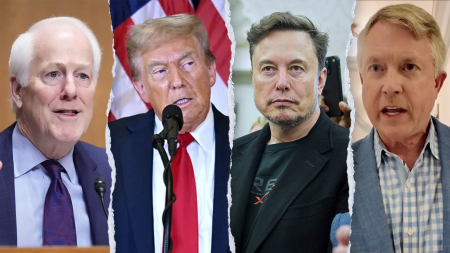The allocation of U.S. foreign aid has become a focal point of debate, sparked by pronouncements from key figures within the incoming Trump administration. Elon Musk and Vivek Ramaswamy, appointed to lead the Department of Government Efficiency (DOGE), have echoed concerns raised by former Congressman Ron Paul regarding the efficacy and constitutionality of foreign aid programs. This has ignited a discussion about the transparency and accountability of such initiatives, particularly concerning funding directed towards non-governmental organizations (NGOs).
Former Congressman Ron Paul’s assertion that foreign aid should be eliminated resonated strongly with both Musk and Ramaswamy. Paul argues that foreign aid represents a misallocation of resources, effectively transferring wealth from the American working class to affluent individuals in recipient countries, while also enriching intermediaries involved in the process. He questions the constitutional basis for such transfers and emphasizes the public’s disapproval of increasing government borrowing to fund these programs. Musk’s endorsement of Paul’s position and Ramaswamy’s assertion that much of the aid is unauthorized by Congress raise serious questions about the existing framework of foreign aid distribution.
The central argument against foreign aid, as articulated by Paul, revolves around its perceived inefficiency and unfairness. He contends that aid often fails to reach its intended beneficiaries, instead lining the pockets of corrupt officials or enriching those already well-off in recipient nations. This perpetuates a cycle of dependency rather than fostering sustainable development. Moreover, he argues that diverting taxpayer dollars to foreign countries represents a misappropriation of funds that could be better utilized to address domestic needs. This perspective aligns with a broader sentiment of skepticism towards international assistance programs, fueled by concerns about their effectiveness and accountability.
Ramaswamy’s focus on the funding of NGOs adds another layer to the debate. He highlights the inherent contradiction in government funding of organizations designated as “non-governmental,” suggesting that this represents a wasteful use of taxpayer money. Furthermore, he emphasizes the lack of transparency surrounding the allocation of funds to these organizations, both domestically and internationally. He specifically points to the potential role of NGOs in exacerbating the border crisis, raising concerns about the unintended consequences of such funding. This critique resonates with a growing demand for greater scrutiny of NGO activities and their impact on national interests.
Musk’s concurrence with Ramaswamy’s concerns underscores the importance of transparency and accountability in the allocation of foreign aid. Their shared belief in the need to scrutinize funding for NGOs reflects a growing awareness of the potential for misuse and misdirection of funds. This call for increased transparency aligns with a broader push for greater government accountability and a more efficient allocation of taxpayer resources. The focus on NGOs also reflects a growing concern about the influence of these organizations in shaping policy and their potential impact on national sovereignty.
The emergence of this debate within the incoming administration signals a potential shift in U.S. foreign policy. The emphasis on government efficiency and the questioning of established practices, including foreign aid programs, suggest a move towards a more pragmatic and results-oriented approach. The call for greater transparency and accountability reflects a broader trend towards greater citizen engagement and oversight of government activities. The incoming administration’s focus on these issues suggests a potential realignment of priorities and a re-evaluation of the role of the United States in international affairs. The debate surrounding foreign aid and NGO funding is likely to continue as the new administration takes shape and implements its policy agenda.










